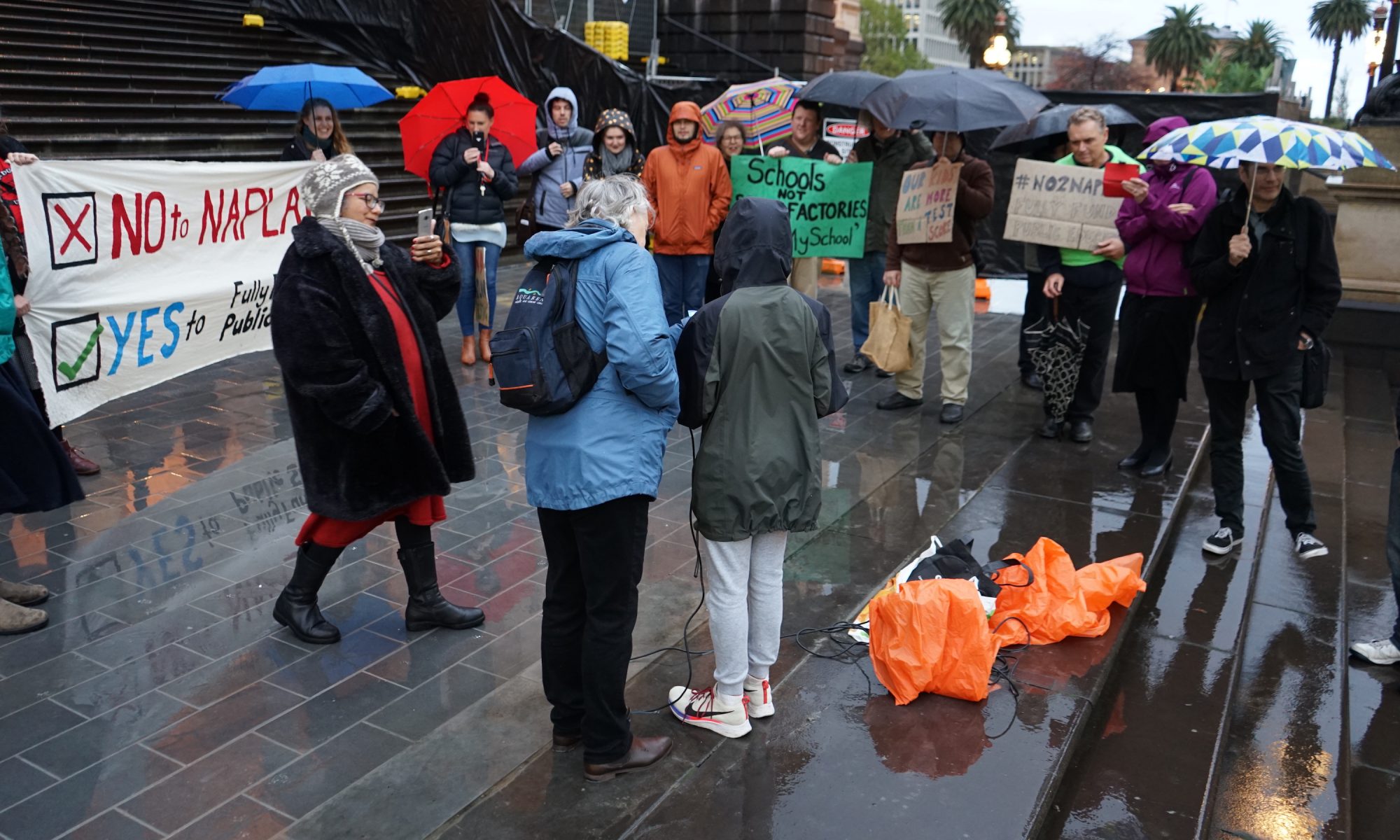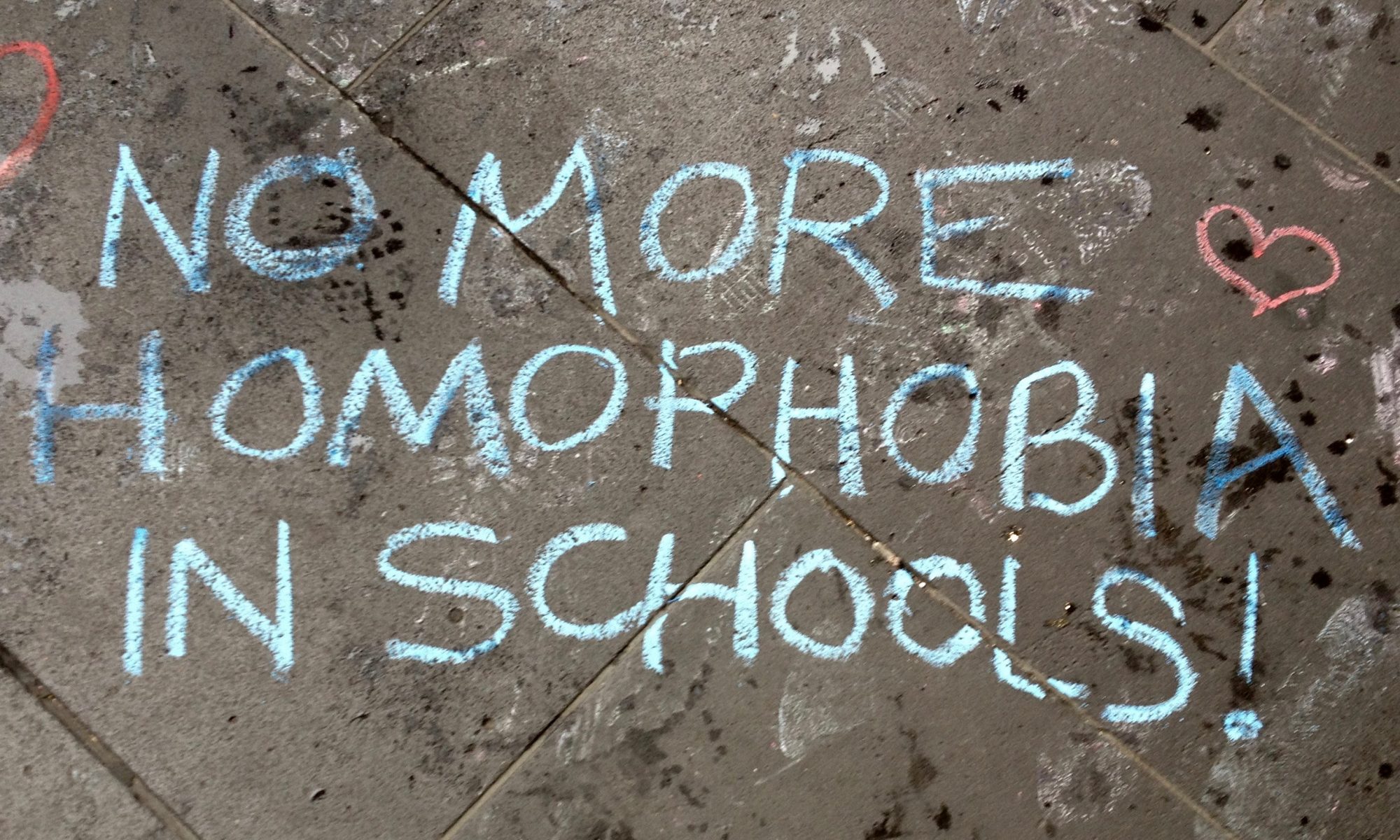MESEJ Safe and Inclusive Spaces Policy
We recognise that violence can take many forms, including physical, verbal, sexual and psychological. We aim to challenge violence in all its forms, along with the systems of oppression that enable violence.
We commit to actively work to increase our understanding of oppressive systems that subject people to prejudice and violence based on their gender, race, sexuality, class, education, religion, ability, age, appearance, language and cultural background, migration status, or engagement in sex work.
Things we all need to do to help create safe, inclusive spaces are:
- Try our best not to perpetuate negative stereotypes about systematically oppressed groups of people (such as Indigenous people, people of colour, sex workers, etc.)
- Respect people’s right to their own beliefs and opinions
- Communicate our opinions with respect and empathy for others
- Be aware that our words and actions may have a different effect on others than we intended
- Be aware that aggressive body language or raising our voice may be perceived as threatening
- Respond to other people’s concerns about our words or actions with respect and empathy
- Respect people’s physical and emotional boundaries by asking for consent before touching them or discussing intimate, personal topics
- Take responsibility for our own safety and ask for help when we need it
- Look out for children and try not to leave anything around that could endanger them
- Support positive interactions with and amongst children (e.g. address instances of bullying)
- Not participate in MESEJ forums under the influence of alcohol or other drugs that limit a person’s capacity to self-regulate their behaviour towards others
Any group or individual who has engaged in violence (including sexual violence, threats and harassment) may be asked not to participate in a MESEJ event or online forum at the discretion of the survivor and other people affected. In order to make our group inclusive and empowering for survivors of violence, we prioritise their voices in any dispute with someone who has perpetrated violence against them.
As an additional measure to challenge systems of oppression, we strive to practice non-hierarchical organisation and decision-making. No one individual holds command over any other. We rotate roles and share skills between us. Decisions are made by consensus, sometimes by the whole group, or by the subgroups who will carry them out, depending on the degree to which participants will be affected. As such, if you have any issues with this Safe and Inclusive Spaces Policy we encourage you to raise them with other participants to build consensus around any changes you think might be necessary.


